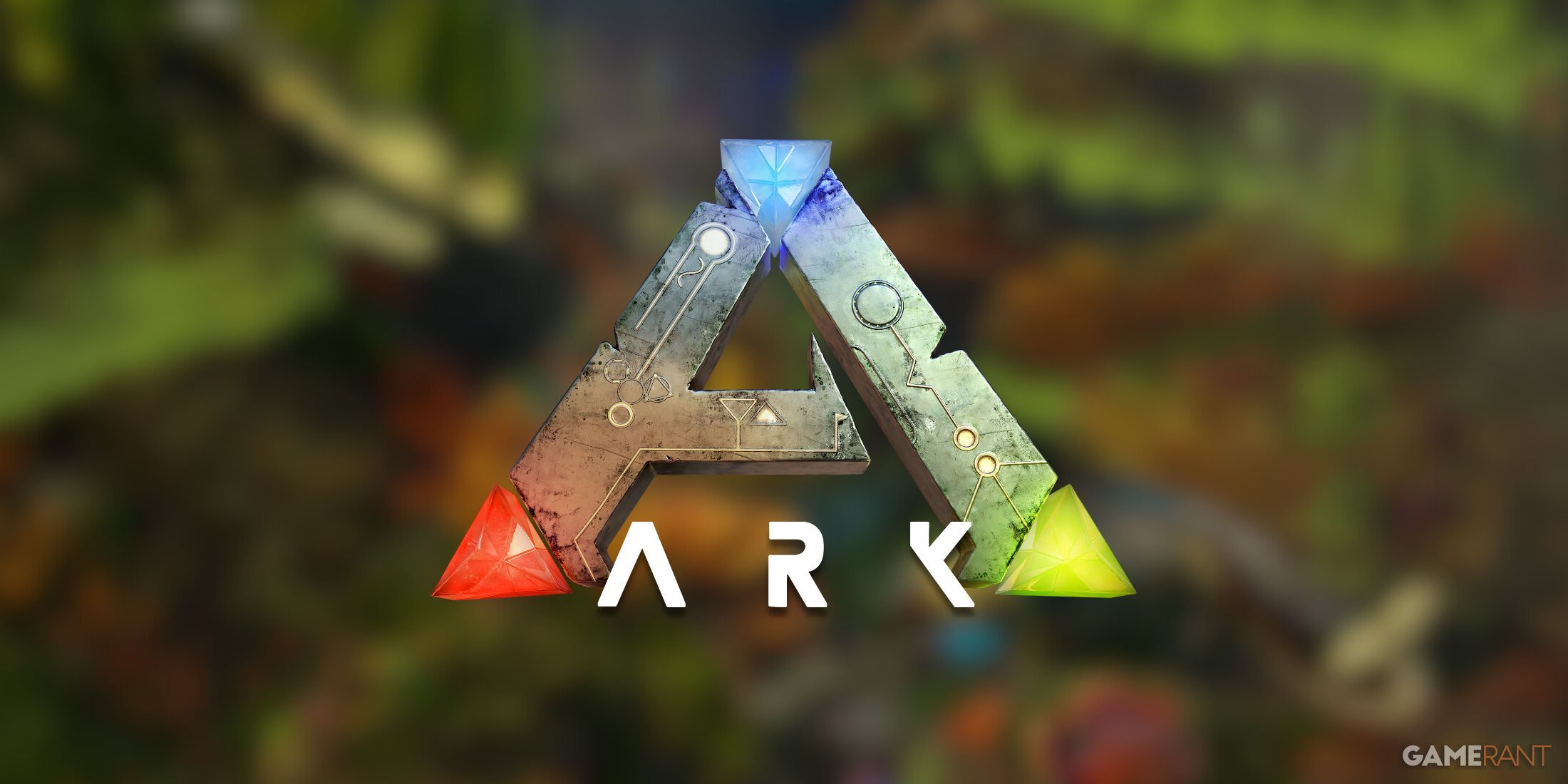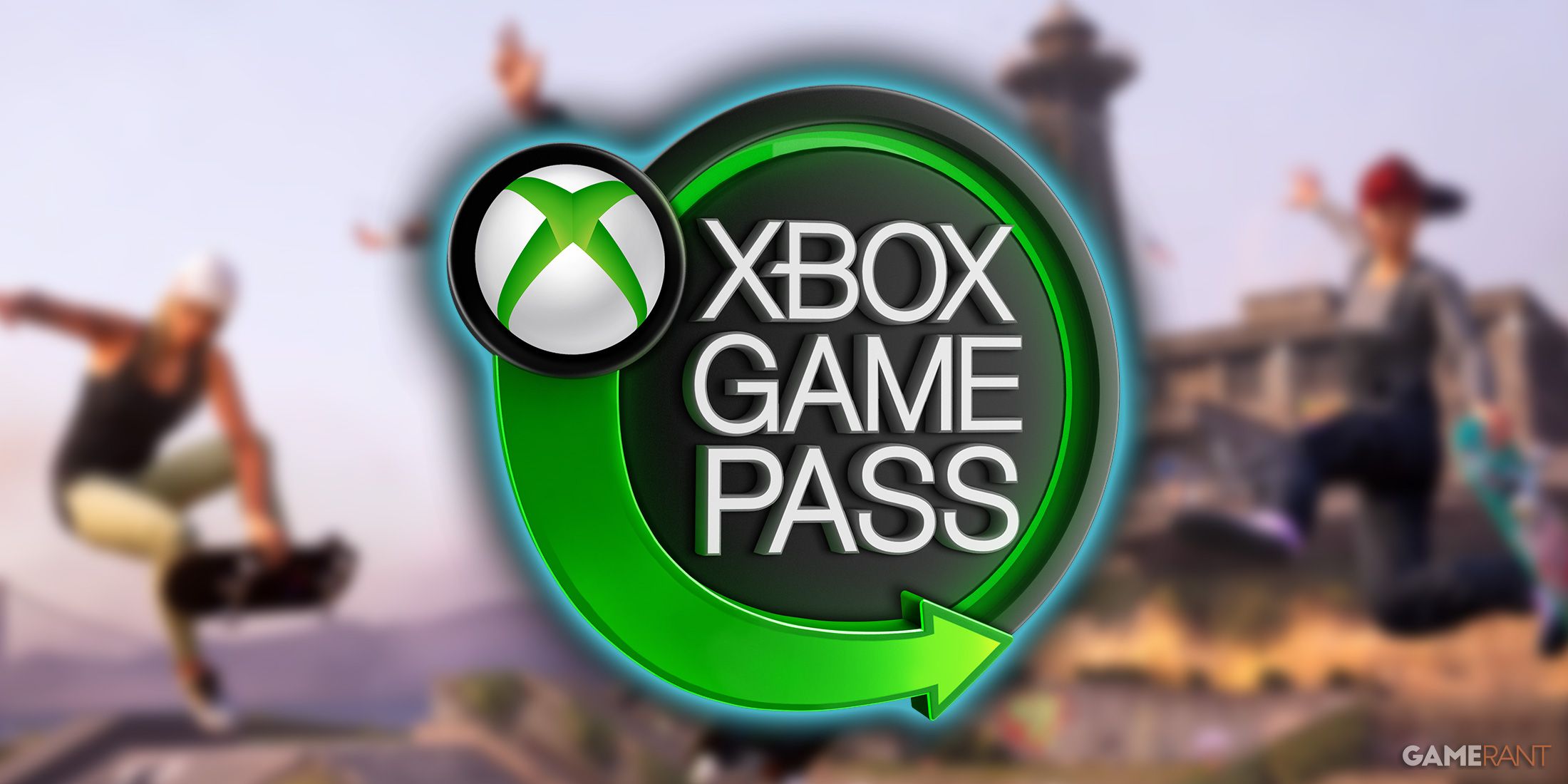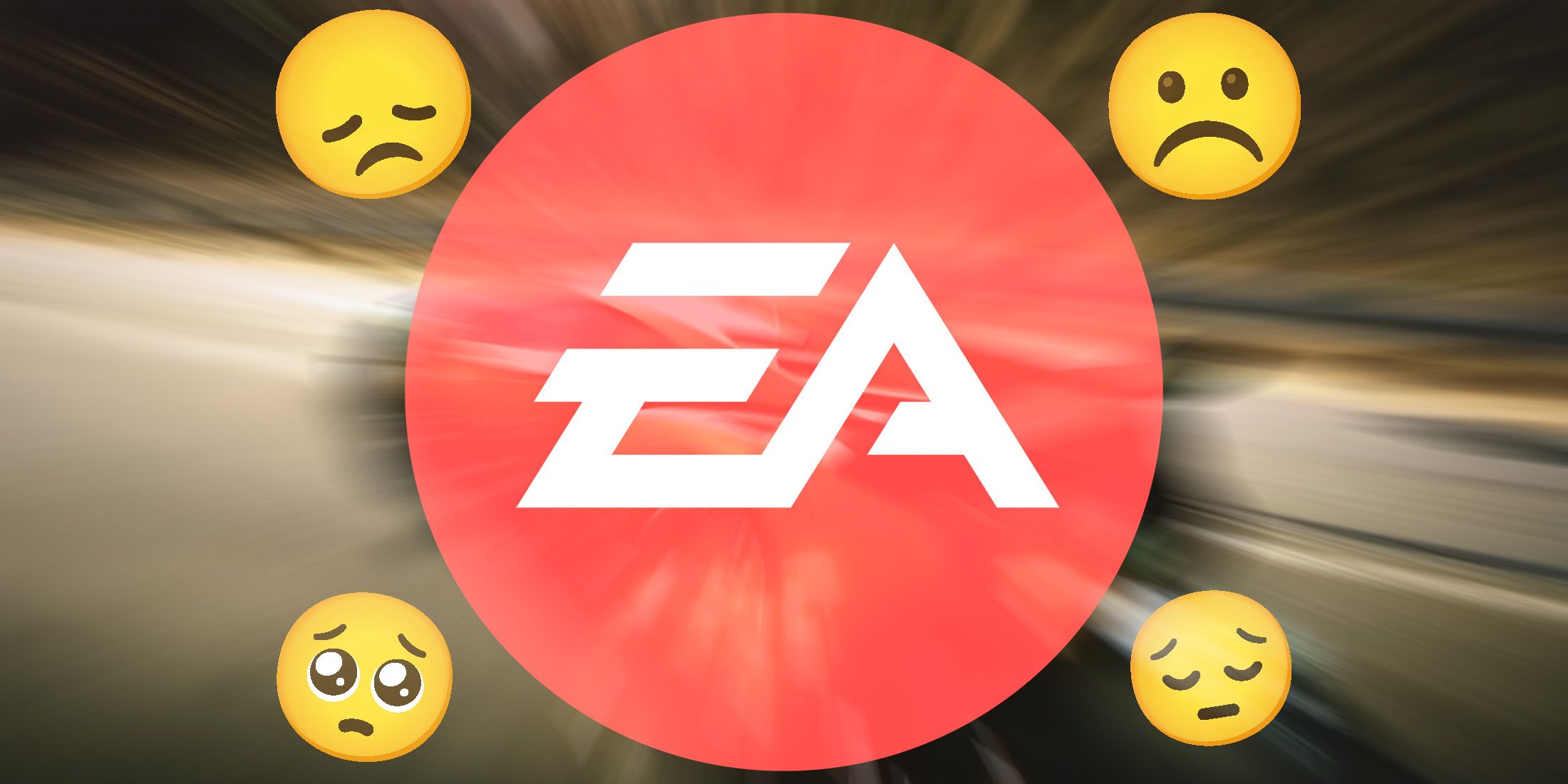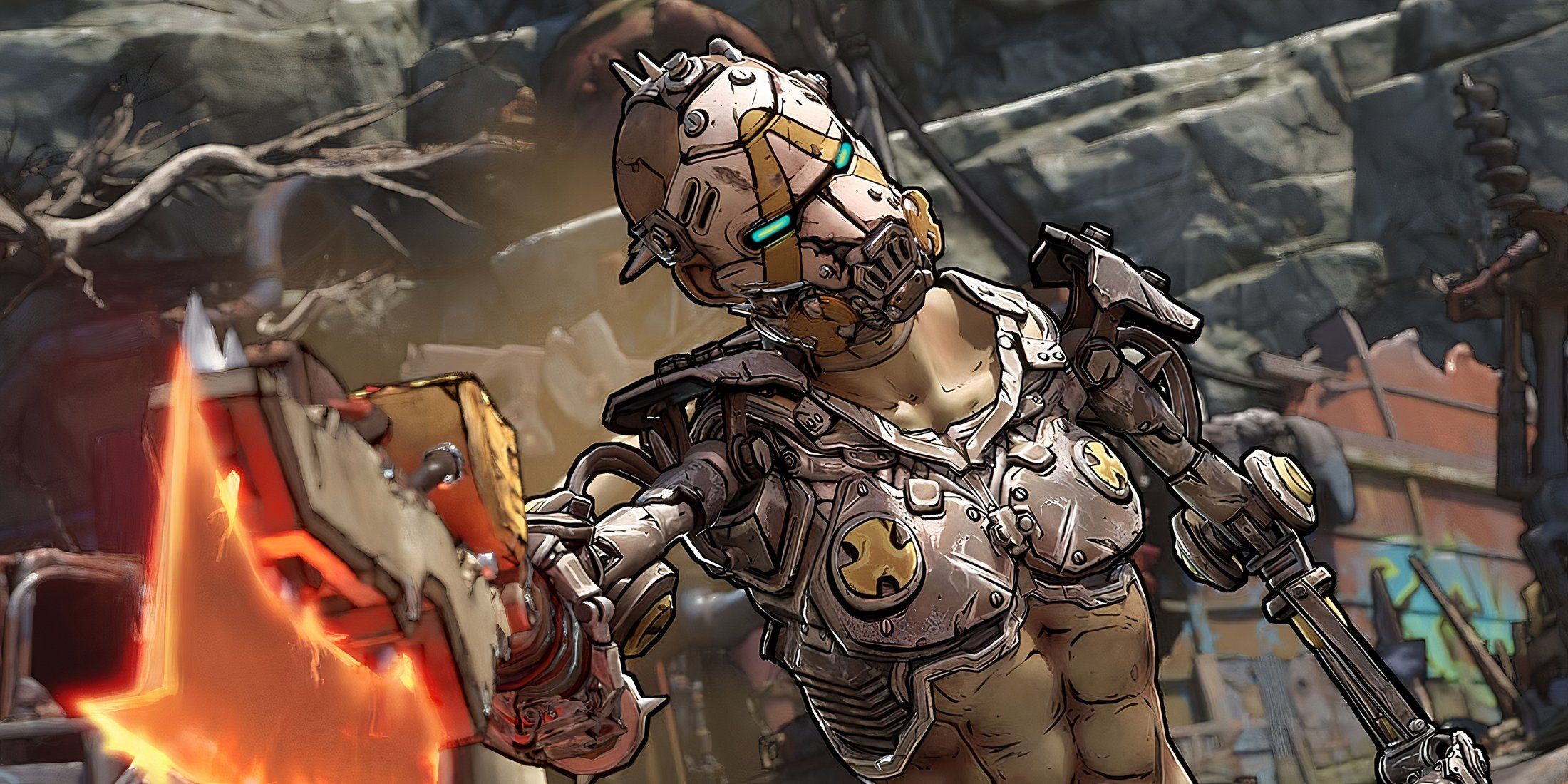
Google, it seems, is looking to get into the videogame business.
Over the past few months—most notably, and most recently, on the gaming site Kotaku—rumors have been circulating that the search giant is working on a multi-pronged games initiative that would involve both hardware and a streaming platform, codenamed "Yeti." Reportedly, Google is looking to pull game developers under its umbrella through either cooperation or acquisition and met with executives at both E3 and the Game Developers Conference to gauge their interest in the efforts, whatever they may be.
Related Stories
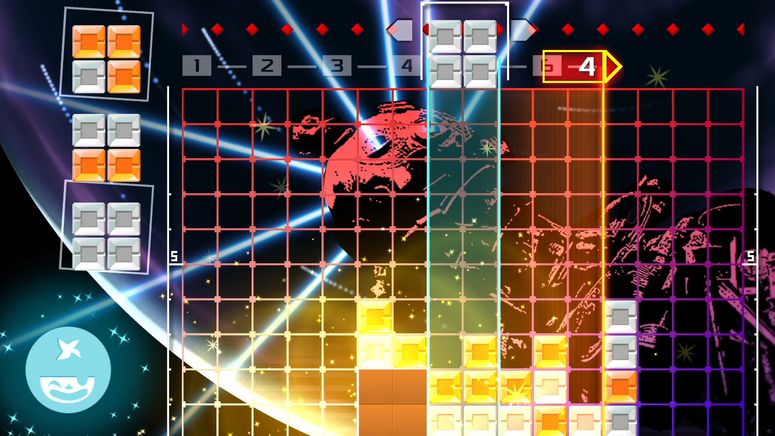 puzzle partyLumines Remastered Is the Perfect Summer Gaming TreatJulie Muncy
puzzle partyLumines Remastered Is the Perfect Summer Gaming TreatJulie Muncy emotion captureStop Expecting Games to Build EmpathyJulie Muncy
emotion captureStop Expecting Games to Build EmpathyJulie Muncy Port-a-FortFortnite Is Everywhere, But It's Perfect on the SwitchJulie Muncy
Port-a-FortFortnite Is Everywhere, But It's Perfect on the SwitchJulie MuncyBut a few meetings and some investment money isn't enough to build a successful gaming platform. Does Google have what it takes? Moreover, does the company's history say anything about their potential future in the industry?
Google's been interested in videogames for a long time, for reasons that should be pretty obvious. Gaming is a huge, lucrative business that could potentially give Google a lot more eyes for its advertising. In 2014, they made a play for the big time by trying to buy Twitch, a deal that ultimately fell through but was likely influential in the company beefing up YouTube Gaming—a platform built around streaming, Let's Plays, and generally trying to do everything that Twitch does but with that extra Google sheen.
Likewise, rumors of Google testing the waters in the console world have been around for almost the company's entire tenure in tech. Notably, Google internally incubated Niantic, the augmented-reality-game company that made roughly all of the dollars (nearly a billion of them in 2016) by collaborating with Nintendo on Pokémon Go. Naturally, Google's probably smarting from the pain of letting Niantic go before that smash hit landed.
But what do those past ambitions, and the success Google's had with turning YouTube into a hub for videogame culture, indicate about the company's present actions to enter the industry? That's harder to suss out. Google's excellence as a tech giant has largely been in presentation: all of its big wins have come through creating attractive, useful ways to consume existing content. Even its hardware initiatives are based on content presentation: the Chromebook's great innovation is being, essentially, a web browser tied to a minimally taxing device. Getting a win in the already busy world of gaming would require much more than that.
Over the years, through YouTube and the Google Play Store, the company has proven it can create an ecosystem where videogame content can thrive. If Google is to launch a gaming platform, its presentational savvy—the ability the company has to make using your technology feel slick, interesting, and healthily interconnected—will have to be the backbone. Ultimately, Google can (and seems to be willing to) pay for content. But it's the package around it that's going to matter most.

